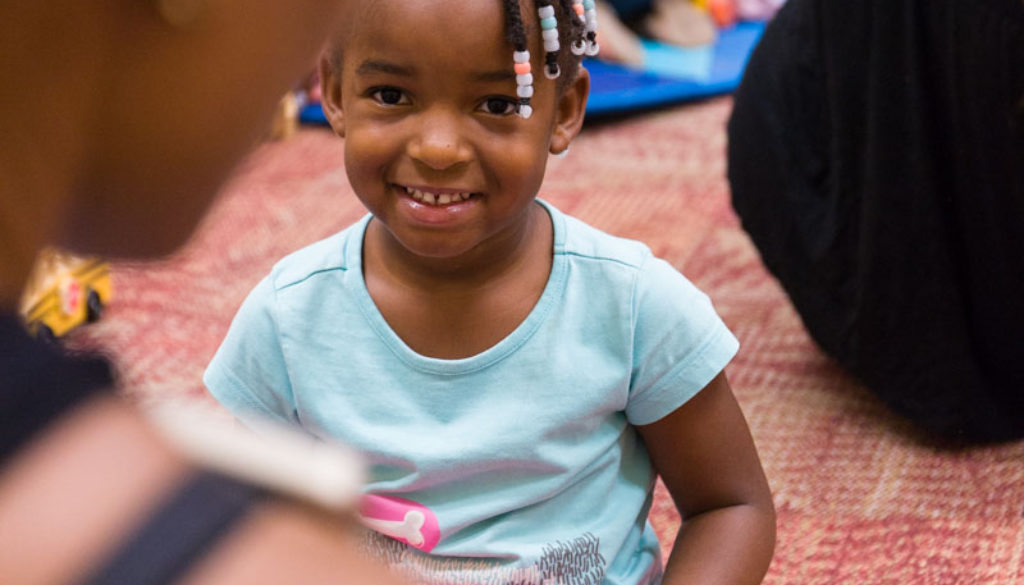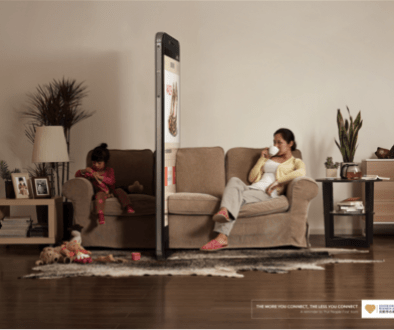Positive Parenting Skills

Positive Parenting Skills
Parenting can be one of the most difficult jobs you will ever encounter. An understanding of your beliefs and values as a parent, combined with knowledge about your child’s temperament and stage of development will allow you to access positive parenting strategies. These strategies allow you to respond with empathy and respect, modeling important skills and helping you to diffuse challenging situations. Here are some essential pieces to positive parenting…
When you can, it is essential to examine your feelings:
Take a look at your feelings and acknowledge any strong or negative feelings you might be having regarding your child’s behavior. It is okay to have these negative feelings…the important part is how you handle those feelings. Tuning into how you interpret situations can help you handle behaviors in a rational way when they arise, instead of having a reaction that you may regret later.
Place Behavior in Context:
Ask yourself whether your little one’s behavior is developmentally appropriate. Sometimesparentsinterpret behavior as purposefully hurtful, leading you to react out of anger or your own hurt feelings. However, it is essential to consider your child’s age and personality to understand why the behavior is happening and if it is a phase in their development. You may be able to react more calmly if you know your child is simply doing their job as a toddler.
Give Attention to Positive Behaviors:
Children learn through reinforcement, and positive reinforcement has a lot of power. Positive feedback is an incredibly effective way to nourish behaviors you want to encourage. Plus it feels good to give and receive. Remember, specific praise is the ideal way to go to optimize what your child is learning and internalizing.
Your response to your child models positive coping skills and can guidetheir future behaviors. Managing your own reactions can really help reduce not only your stress to intense situations, but it can also help manage your child’s stress. You are showing your toddler how to manage your own emotions, which is setting an excellent example for his development and how they will respond to the world around them.





